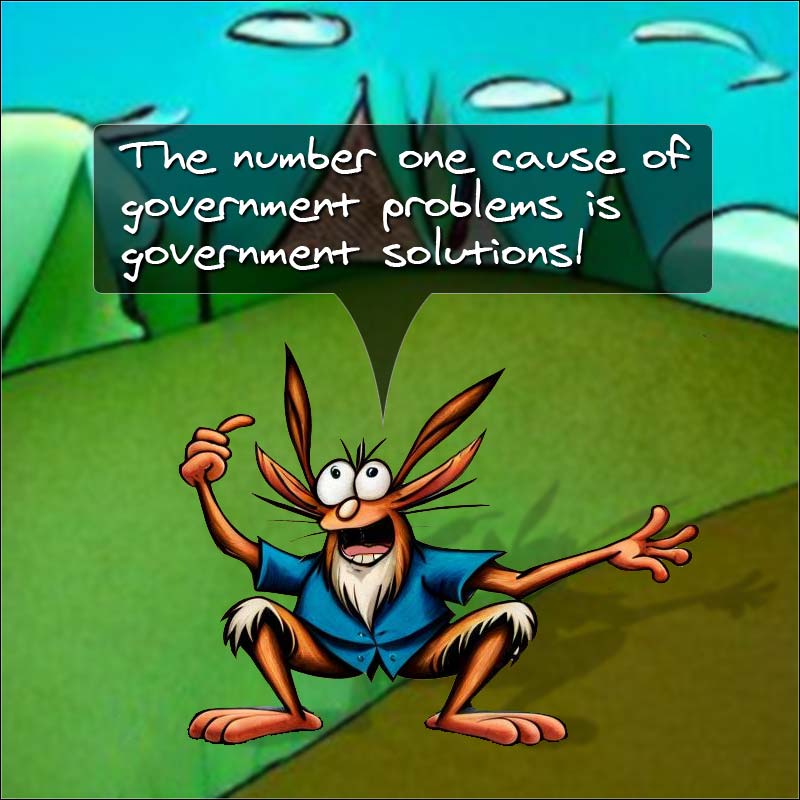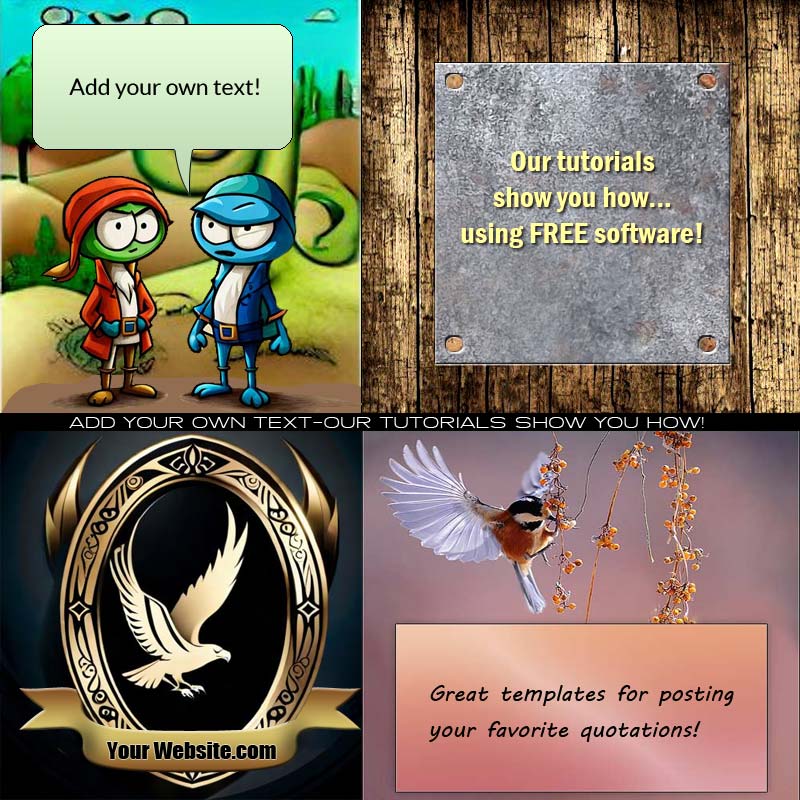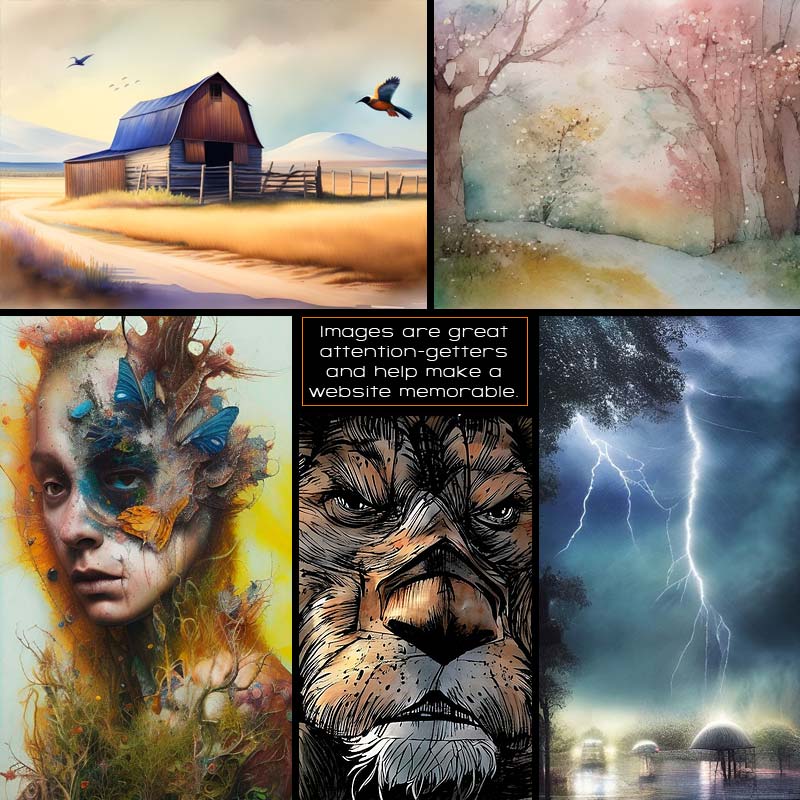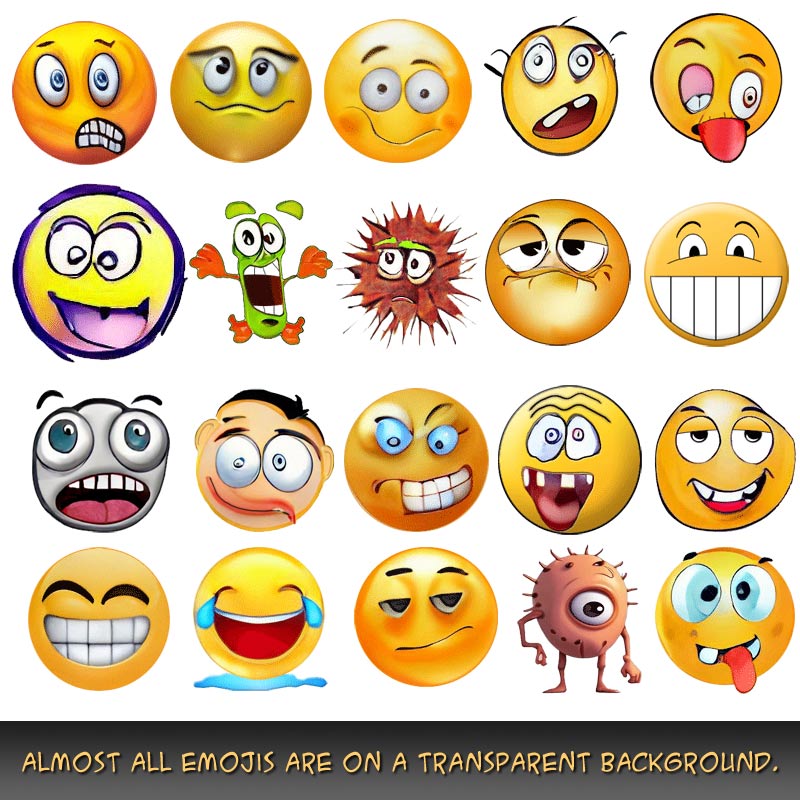Nothing is for sale here. Freewill tips keep the site running. Want to help? → Tip via Paypal
Idea Triggers
Here are tried and true ways to quickly come up with a content idea when the ideas aren't flowing. It's instant, but it's not. That is, you can have new ideas instantly, but it takes time to set things up the first time. Once it's set up you'll have an instant fallback for content ideas.All of these strategies revolve around building an ideas collection.
Idea Collecting
I am an idea collector. As a writer and content creator, you should be too.What is an idea collector? Just what it sounds like . . . I collect ideas to use later in my writing. I keep a notebook and pen on the nightstand by my bed. I keep a notebook and pen in my car. I even carry a pocket note pad and pen with me when I go out and about—and if I forget to bring it along I’ve been known to write ideas down on a napkin, paper bag, or whatever I can find that will absorb ink.
Yup, I'm the goofy guy parents point at and tell their children not to be like.

When something grabs your attention and gives you an "aha" writing idea, no matter where you are, write it down and capture as much information as you need to pick up on it later. It could be weeks or months before you use the idea, so don't assume you'll remember everything about it if you don't capture the important details. An idea unrecorded is a lost idea—in my head, anyway.
Good ideas can come to you at any time. You might be grocery shopping or at a ballgame. You might be at the dentist's office or just about to fall asleep. A lot of ideas come to me when I'm reading.
Some idea collectors use a small hand-held voice recorder to capture their ideas, or use their smart phone. Those are fine too, but ideas will come when it's not convenient to speak. For example, if you're at a movie, lecture, or in quiet restaurant. You don't want to disturb other patrons by talking into your recorder, but you can always jot a few notes down on paper because that shouldn't disturb anyone—unless you're so excited you wet your . . . oh, never mind.
You may be amazed when and where inspiration strikes—if you're looking for it. I've had ideas hit me at a diner, in line at the supermarket, on my bike rides, watching a grandchild graduate, in a board meeting, walking the dog, and on and on.
You don't have to know how you're going to use the idea when it first comes to you. The important thing is to just get the information down on paper. You'll work out the details when you're ready to use the idea.
I also copy these notes over to my computer later, because those scraps of paper are easy to lose.
Remember, the ideas you collect don't necessarily have to apply to your current writing project. I have ideas that have been in my idea file for years. I may never get to some of them, but they are there when I need them.
With your own idea file you'll always have a ready source of ideas to draw upon.
 If you're not keeping an idea file now, let me offer you some preventative advice—organize your notes by topic. It will make it much easier to find specific ideas as your cache of ideas grow.
If you're not keeping an idea file now, let me offer you some preventative advice—organize your notes by topic. It will make it much easier to find specific ideas as your cache of ideas grow.
The image showing part of my file system should give you an idea of how I organize my idea files. As you can see, if I want an eBook idea, I just have to open that folder and I've already got a lot of ideas and a lot of notes to help me get started. Many of the files that were in that folder have been turned into profitable commercial products.
When you need an idea, rather than sitting there staring at a blank computer screen as often happens to many, you need only to scan through your idea file for an idea that fits your mood or the project you're on, and away you go.
If you're like me, a notebook and a pen may soon become two of your newest favorite tools.
Idea Fishing
No two people think just alike, and that's why this tactic works. You're essentially fishing for ideas from the minds of others to get ideas and perspectives different from yours.
 There are a few different ways to go about it. What "it" is, is kind of an informal spinoff of brainstorming, only you contribute no ideas. Instead, you offer prompts and let others tell you what comes to mind. You might do this with one person or a group. It can be friends or family, whoever is willing. Just don't ask your goofy cousin, Darfy Humscratch. She's too shy. Shy people usually aren't good at this.
There are a few different ways to go about it. What "it" is, is kind of an informal spinoff of brainstorming, only you contribute no ideas. Instead, you offer prompts and let others tell you what comes to mind. You might do this with one person or a group. It can be friends or family, whoever is willing. Just don't ask your goofy cousin, Darfy Humscratch. She's too shy. Shy people usually aren't good at this.
So with this version, gather your group or person, and have them tell you the first thought that comes to mind when you give them the prompt, which will be a keyword or phrase relevant to your niche. Or you could have them ask questions based on your prompt.
That's how simple this is. And perhaps surprisingly, it works.
In another version of idea fishing, if you have a mailing list, just ask them to ask you anything about your niche. A person I know did this and he received 56 responses with 41 unique questions. That's a lot of writing fodder.
If you don't have a mailing list, you could contact list owners in a related niche, but perhaps not direct competitors, and tell them you'll answer up to xx number of questions from their readers.
Whether your list or someone elses, you could offer an incentive to take action. Something as easy as a free PDF with all the questions and answers can be a good enough incentive.
In yet another version of idea fishing you can go to a popular forum in your niche. Tell them you're looking for content ideas and ask if anyone has any questions or suggestions. You may get a little or a lot, depending on several variables.
It does help if you participate in the forum discussions for a while before you go forum fishing. If people get to know and like you, you'll get a better response. You also might find plenty of fodder to add to your idea fishing files just by browsing the forum or browsing question and answer sites. You can do much the same thing on social media platforms.
Lastly, I'd add pay close attention to the feedback you get from your website visitors.
All these fishing trips will give you insight into what others think and want. The larger the "mind pool" you draw from, the more useful ideas you'll get from them.
Save the questions, save the keywords, and save the ideas this generates all to your idea fishing files and you'll have another ready source for content ideas to refer to when your own ideas aren't . . . ahem, taking the bait.

Research Whisperer
In this role, you are a research guru and intelligence explorer. This idea files building method involves no one but yourself, so you can do it anytime you choose, day or night.There are three great ways to gather intelligence. Actually there are more, but these three are the best (IMO) and will keep you as busy as you want to be.
Keyword Research: Use keyword research tools to identify popular search terms and phrases related to your niche. There are free keyword tools and paid tools. Look for keywords with high search volume and low competition. These can serve as inspiration for content ideas that address popular queries and will help you grow your content both vertically and horizontally.
Table of Contents: Browse Barnes and Noble or Amazon for books in your niche. Specifically, read the table of contents. This is a virtual goldmine of ideas. It's incredibly easy to get content ideas doing this, and lots of them.
Trend Analysis: Stay updated with the latest trends and developments in your niche. Look for emerging topics, popular discussions, or new technologies that can inspire content ideas. One way to do this is to subscribe to publications in your niche. This doesn't have to cost money, there are lots of free digital newsletters if you don't mind the marketing that goes along with. If you do this, use a throw away email address.
Another way to do this is to sign up for alerts. This is where you sign up with a service to receive an email alert when words or phrases you choose are mentioned online. Google Alerts is free. It hasn't been very good for quite a few years, and Google even admits it, but it is free. There are paid alert services as well. They are supposed to be much better. I say "supposed to be" because I haven't actually used them, I've only read others' opinions of them.
So there you have three more ways to get ideas for your idea files. I've used all three methods. My favorite is to browse book tables of contents.
Repurpose Content
Your current content is already a trove of idea files waiting to be exploited. Look through your existing content and identify opportunities for repurposing, updating, or improving.Convert a blog post into a video, create an infographic from a research article, or expand a social media post into a detailed guide. Update content that has fallen behind the times or doesn't generate traffic any longer. Rewrite and improve content that lacks details . . . or appeal. Add graphics, or video, or sprinkle it with magic fairy dust. Whatever it takes.
These ideas allow you to leverage existing content while giving it a fresh spin. Remember though, every thing on this page is meant to inspire you and spark ideas. Experiment with different approaches and find the ones that work best for you and resonate with your audience.





